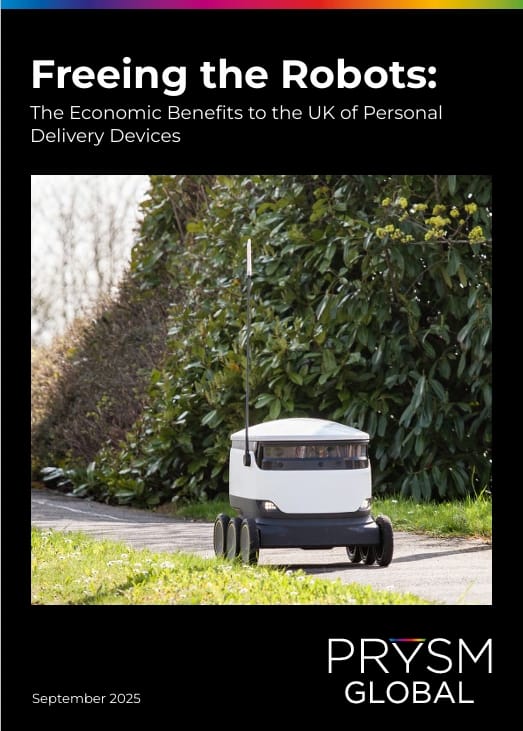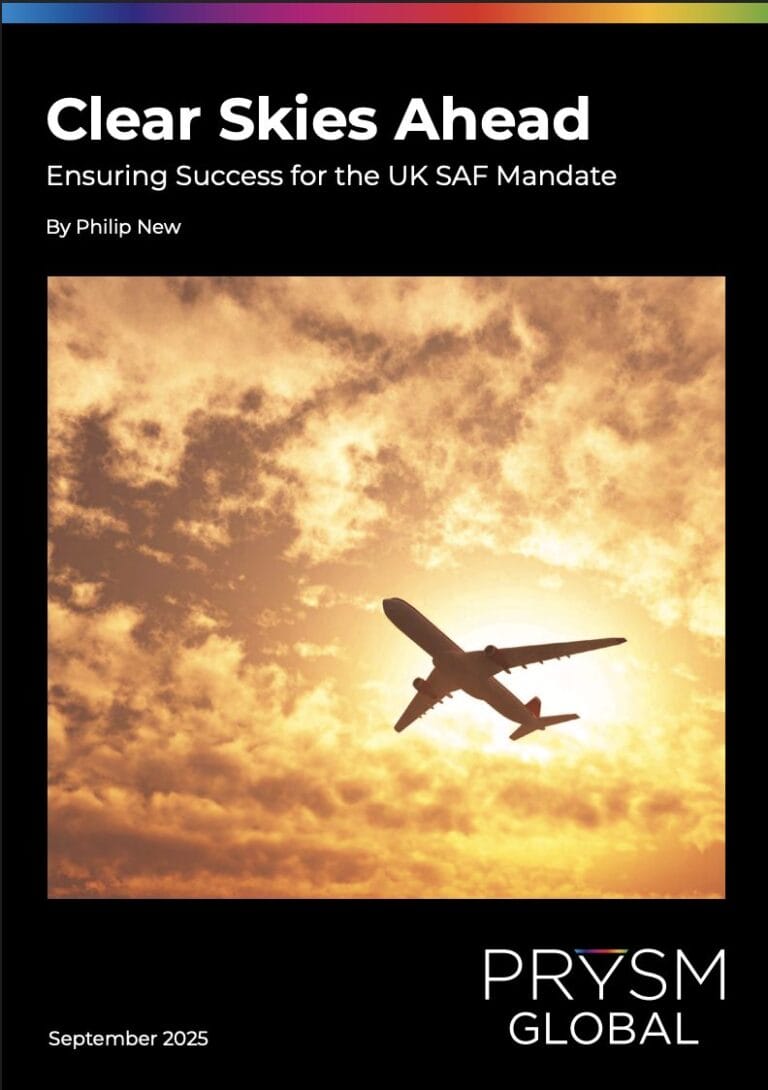Our senior adviser Paul Johnson examines the challenges the Chancellor faces in this month’s Budget
This government’s second Budget comes ever nearer. It seems very likely that, despite her promises of a year ago, Chancellor Rachel Reeves is going to come back for another big set of tax increases. Unless we have all been misled about the likely forecasts of the OBR her only other options will be to cut spending or break her fiscal rules. The former looks politically impossible – she couldn’t get even modest cuts to disability benefits and pensioner benefits past her backbenchers, and the spending review is done and dusted. The latter would be economically extremely risky. The markets are already charging a significant premium on UK debt.
So, tax increases it looks likely to be. It’s important to remember where we start on tax. Revenues are already at their highest in history as a fraction of national income. That has been driven mainly by big increases in corporation tax – revenues from that are also at historic highs – and in revenues from high earners. Both the last government and this targeted those two constituencies. Meanwhile average earners are paying less in direct taxes than they have done in a couple of generations.
On the corporation tax side, when the main rate was being cut through the 2010s the base was broadened. When Rishi Sunak did a screeching about turn on rates, increasing them back almost to where they had started in 2010, he did not undo the base broadening. On income taxes the point at which the 60% rate kicks in has been held at £100,000 in cash terms for 15 years, while the 45% rate threshold has been cut in cash terms. Pension tax relief is much restricted for the highest earners. And across both companies and individuals the 2010s saw a much more effective clamping down on avoidance than any previous period.
Those facts between them give the government a nasty headache. Those with the “broadest shoulders” are already shouldering more of the burden. And as the Chancellor discovered last year, raising significant tax revenue almost certainly requires increases in one of the three big taxes – income tax, NI or VAT. Despite the manifesto commitment not to raise any of them Reeves increased employer NI – a clear manifesto breach, but one that did not transparently impinge on pay packets. If she needs in the order of £30 or £40 billion again this year it is hard to see how she avoids raising one of these taxes again. Another raid on employer NI looks unlikely, which will mean more people noticing the change.
One option, mooted by the Resolution Foundation, until recently led by Treasury minister Torsten Bell, would be to cut a couple of pence of employee NI and add the same amount to income tax. That might look attractive. It raises £5 or £6 billion a year, does not hit “working people” and would help equalise tax rates between earnings and other forms of income.
What other options does she have?
The easiest thing to do would be to announce yet another two years of freezes to income tax allowances and thresholds. That would raise some £10 billion a year by the end of the parliament and would put a cap on almost a decade of freezes amounting to a total tax rise of some £50 billion a year. A colossal change to the structure of our tax system.
Where else to look for big money? Pensions must look tempting. They contain trillions, with inflows of over £100 billion a year. Restricting tax relief on contributions to the basic rate could raise a very handy £20 billion a year. It would be incredibly hard to operationalise though, particularly for the defined benefit schemes that still operate across the public sector. Charging employer national insurance on contributions could bring in about £1.5 billion for every 1% of contributions – so again a lot of money available, but unlikely to go down well, to put it mildly. Restrictions on the tax-free cash that can be withdrawn have been widely mooted, and concern about such change has led to, at least, tens of thousands of people taking their money early.
Wherever we end up, this is a disastrous way to make policy. The chancellor needs to tell us what her policy is for the rest of the parliament.
Big money from other sources is hard to come by. Raising the bank levy, which some have suggested, nets less than half a billion from each extra penny, whilst potentially damaging competitiveness. Property taxation is in desperate need of reform and a simple doubling of council tax on band G and H properties could net £4 billion a year, but would surely need to presage a wider reform and a cut to stamp duty. Further reforms to capital gains tax might make sense – getting rid of forgiveness at death, and charging on exit from the country – but the revenues involved would only be in the £2 to £3 billion range, and would be far from certain. Broader wealth taxes, apparently so popular on Labour’s backbenches, are surely off the agenda. They would both be economically damaging, staggeringly complex to administer and unlikely to raise significant revenue.
So, I am not going to make any predictions. On the one side – raising income tax, NI or VAT – lies a political nightmare. On the other – raiding pensions, wealth or companies – lies complexity and economic risk. My best advice? I wouldn’t start from here.
Written by Paul Johnson, Senior Advisor, Prysm Global
Paul Johnson is provost of the Queen’s College Oxford, and former director of the Institute for Fiscal Studies.


